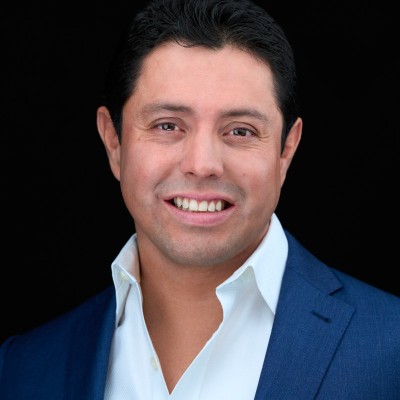To paraphrase Hamlet, to mediate or not to mediate – that is the question. In today’s article we will, in similar Shakepearean fashion, seek to ask the question without providing the answer. Drawing inspiration from Shakespeare’s brilliance this author will seek not to convince, but to ask the right questions by delving into the data and legislation that necessitated the need for the Gauteng Division of the High Court of South Africa to implement mandatory mediation in civil matters as a prerequisite to be met before civil litigation can be considered.
What is mandatory mediation in the context of civil disputes?
Prior to delving into the specifics or the merits of this decision, we need to start off by defining mandatory mediation. Mandatory mediation in the High Court of South Africa, particularly in the Gauteng Division, refers to a court-directed process where parties in civil disputes are required to attempt mediation before proceeding to trial.
The implementation of this decision is based on the presumption that mediation will improve the efficacy of the dispute process, resulting in faster resolutions in a cost-effective manner given the high costs associated with litigation. However, noble the act we must analyse the research and data that would have been explored in the process of arriving at a such decision.
The mandatory mediation directive and its legal application
The court issued the mandatory mediation directive to come into effect as of April 2025. The directive is issued under the authority of the Judge President of the Gauteng Division, in accordance with Section 8(4)(b) of the Superior Courts Act, 2013, and Section 173 of the Constitution. The directive is applicable to all civil cases that fall under the jurisdiction of the High Court in the Gauteng Province of South Africa.
In a bid to avoid obscurity in the legal application of this directive, the directive issued details a specific mediation protocol that needs to be followed. It addresses the initiation process and the procedural steps that need to be adhered to, including the provision of mediation reports as part of the court process.
Who qualifies to render mandatory mediation in civil matters?
The mediators selected need to be qualified professionals who have completed accredited and recognised mediation training programmes. The mediators are also expected to be affiliated with recognised mediation organisations.
The professional standards body of the mediation and arbitration industry in South Africa, the Dispute Settlement Accreditation Council of South Africa (DiSAC) is one such affiliator and accreditor. In terms of the required 40-hour mediation training necessary, there are accredited providers such as the International Mediation Campus (IMC) that provides accredited, certified online training with a global focus with the option to become IMI-certified, or IM-Campus certified. The courses are also university-certified through ISM, the International School of Management in Germany.
Concerns about mandatory mediation by the legal fraternity
The court directive, as outlined in this article, clearly articulates a legal pathway, a structured mediation process and a reporting component conducted by trained mediation professionals. However, as unambiguous as this decision may sound, it has been met with scrutiny. A growing number of legal professionals have raised concerns about mandatory mediation being an imposition and a hurdle in the dispute resolution process.
Others have also argued that the directive may exceed the judiciary’s powers and may potentially be an infringement of the right to access justice/courts which is guaranteed by Section 34 of the Constitution. An urgent application has been filed with the Constitutional Court seeking clarity on the constitutionality of the directive.
There are other factions that support the directive, arguing that it does not infringe on the right to access, it imposes limitations. The courts are still accessible to parties in dispute, provided that the matter cannot be resolved during the mediation process, and if such litigants can prove that the matter was mediated by submitting a mediation report thirty days prior to the trial date.
The judge president and other stakeholders involved in the implementation of this directive would have had to review several datasets and academic research that supports the efficacy of the mediation process.
Fortunately, there is data and evidence that supports this from the likes of: Wall, Stark, and Standifer (2001) who found that mediation often leads to more satisfactory outcomes or Bercovitch (1996) who argued that mediation significantly increases the likelihood of peaceful resolution and long-term stability.
Should mediation be mandatory?
That is the question in all deliberations about the merits or lack thereof. Is this a crisis or an opportunity? It depends on who is asking the question and who seeks the answer? What do you think? Is this the start of a transformation of conflict resolution approaches in South Africa? Leave a comment below!





































